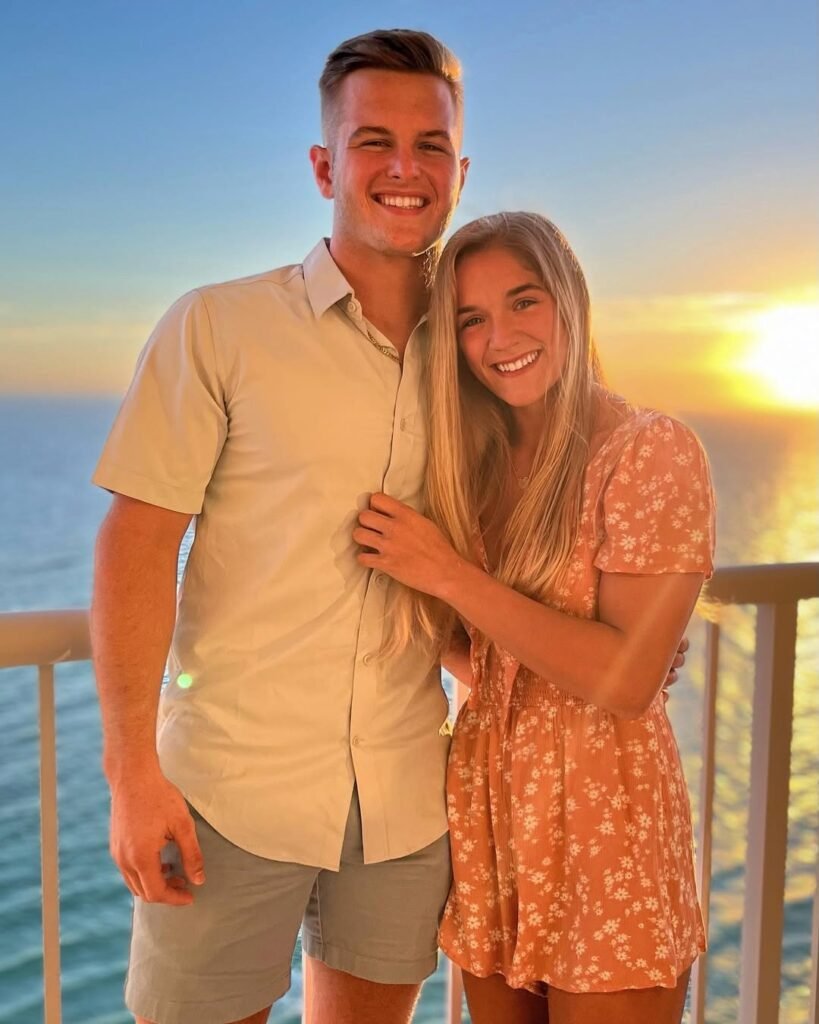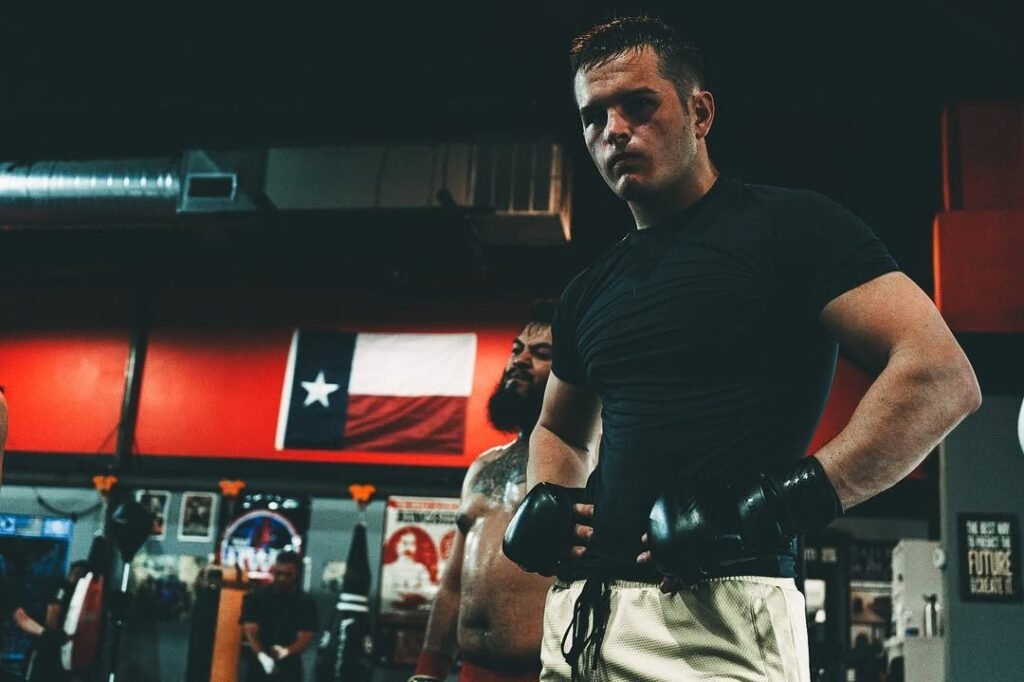Mark Fellows is a name that has sent shockwaves through Britain’s criminal underworld and wider public consciousness in recent years. With a reputation for calculated violence and a criminal record that includes some of the country’s most notorious gangland murders, Fellows, known by the moniker “The Iceman,” epitomises an era of brutal organised crime in northern England. His case remains highly relevant, surfacing frequently in trending UK searches due to its far-reaching implications on law enforcement and community safety.
Early Life and Criminal Emergence
Born in September 1980, Mark Fellows grew up in Salford—a city with a long history of gang violence. While much of Fellows’s early life remains private, it is widely documented that he became involved in the criminal underworld at a relatively young age. Salford, infamous for long-standing gang rivalries, provided the breeding ground for Fellows’s connections and eventual infamy.
The Criminal Landscape: Salford’s Gang Feud
Understanding Fellows’s notoriety requires a look at the years-long war between two main criminal factions in Salford. These groups, known as the ‘A Team’ and the ‘Anti-A Team,’ engaged in a string of violent confrontations, each vying for dominance in Manchester and Merseyside’s lucrative black markets. The conflict left a trail of violence, fear, and loss across local communities. Police and residents alike described these turf wars as among the most corrosive in modern British criminal history.
The Murder of “Mr Big” Paul Massey
The murder that cemented Fellows’s reputation took place in July 2015. Paul Massey, a well-known Salford crime figure referred to locally as “Mr Big,” was gunned down outside his home. Dressed in camouflage and armed with an Uzi submachine gun, the killer fired 18 shots, five of which struck Massey. The calculated and military-style execution shocked even seasoned investigators. Greater Manchester Police launched “Operation Leopard,” deploying extensive resources in a bid to tackle the gangland violence and apprehend those responsible.
After years of petitioning for witnesses and sifting through mountains of evidence, police uncovered a critical breakthrough—a Garmin GPS watch found at Fellows’s home. Data from the device provided damning proof of his movements in the days leading to and after the shooting. This technological slip was central to the prosecution’s case against him.
John Kinsella: The Liverpool Connection
Almost three years after Massey’s murder, Fellows struck again, this time in Rainhill, Merseyside. John Kinsella, a well-known Liverpool enforcer, was walking with his partner when Fellows, riding a bicycle, approached and opened fire with a revolver, shooting Kinsella twice in the back and twice more as he lay defenceless. Like Massey, Kinsella’s criminal notoriety only heightened the media and police attention on the case. Investigators determined that encrypted messaging and meticulous planning were behind the killing, demonstrating Fellows’s forensic approach to his crimes.

The Trial: Evidence, Conviction and Impact
The trial at Liverpool Crown Court revealed the scale of violence that had marred Salford and Merseyside. Armed officers provided security, emphasising the high stakes involved. Fellows displayed little emotion throughout the proceedings, earning his “Iceman” nickname among journalists and officers. Alongside co-defendant Steven Boyle, who acted as a spotter in the Kinsella case, Fellows was tried for both murders.
A crucial part of the prosecution’s evidence was the GPS data from Fellows’s Garmin watch. This data showed his presence near both murder scenes, corroborating witness and police accounts. Forensic analysis, phone data, and surveillance footage formed the backbone of a prosecution determined to put an end to what was described as “cold-blooded execution”.
In January 2019, the verdict was delivered. Fellows received a whole-life sentence for the murders of Massey and Kinsella, a punishment reserved for the most serious offenders in the UK justice system.
Further Convictions and Ongoing Influence
Even after his main convictions, Fellows’s involvement in organised crime did not end. In November 2020, he was found guilty of conspiring to commit grievous bodily harm in connection with another gangland ambush in March 2015. This resulted in another life sentence, with a minimum term attached, further guaranteeing that he will never walk free.
Fellows’s sentences form part of Greater Manchester Police’s wider Operation Leopard. The initiative has resulted in the convictions of 12 major criminals from both sides of the Salford feud, and safeguarded hundreds of adults believed to be at risk from gang violence. Senior officers hailed the outcome as a major step in tackling organised crime in the region, sending a message that “no one is untouchable—even those who believe they are above the law”.
Life Behind Bars and Attempts at Appeal
Fellows’s life in prison has been as turbulent as his life outside. In February 2019, he was reportedly slashed by another inmate with a homemade weapon while incarcerated at HM Prison Whitemoor, which resulted in his transfer and medical treatment. Fellows attempted to appeal his sentence in July 2019, arguing it was excessive, but the courts rejected his plea.
Technology in Policing: The GPS Breakthrough
One of the most striking aspects of Mark Fellows’s case is how technology proved his undoing. The use of GPS data, combined with mobile phone records and traditional surveillance, marked a major shift in how British police investigate complex gang-related crimes. Forensic experts and detectives highlighted the case as a landmark for integrating digital evidence in major criminal prosecutions.
The Broader Impact on Salford and the UK
The chilling crimes committed by Fellows have had a lasting impact beyond the world of organised crime. Communities in Salford and Merseyside have grappled with the trauma and fear caused by gang violence. Local leaders and law enforcement stress the ongoing importance of public vigilance and community policing. Police operations continue to target organised crime networks, but the shadow of Fellows’s deeds remains stark.
Conclusion:
The story of Mark Fellows is more than a tale of individual criminality. It reveals the deep challenges facing British cities grappling with entrenched gang violence, the evolution of policing methods, and the high-profile trials that hold criminals to account. Fellows will spend the rest of his life in prison, serving as a warning and a reminder—both to those who might follow in his footsteps and to the communities determined to resist the grip of organised crime.
Read More: Dianne Oxberry: North West’s Beloved Broadcaster

